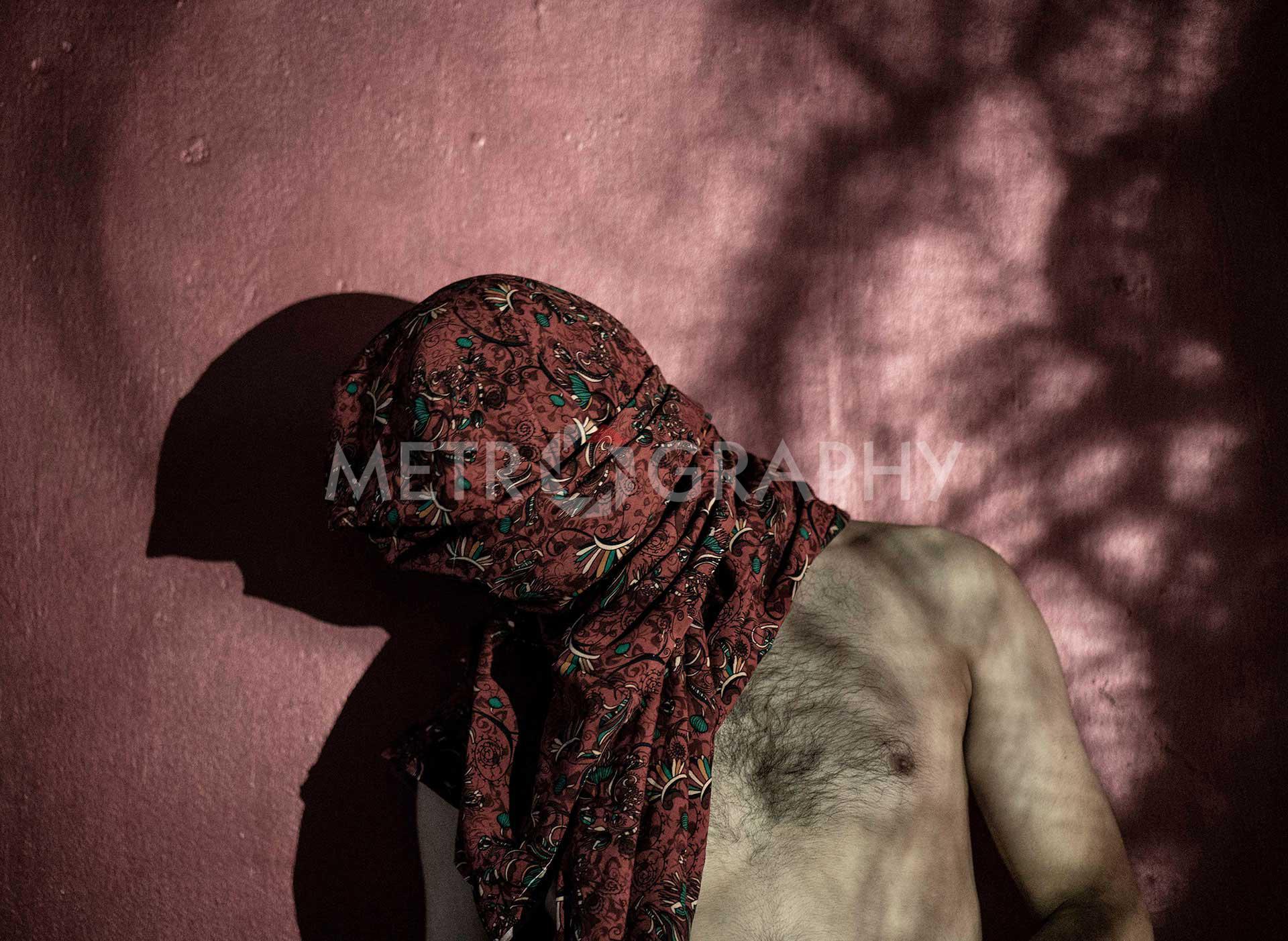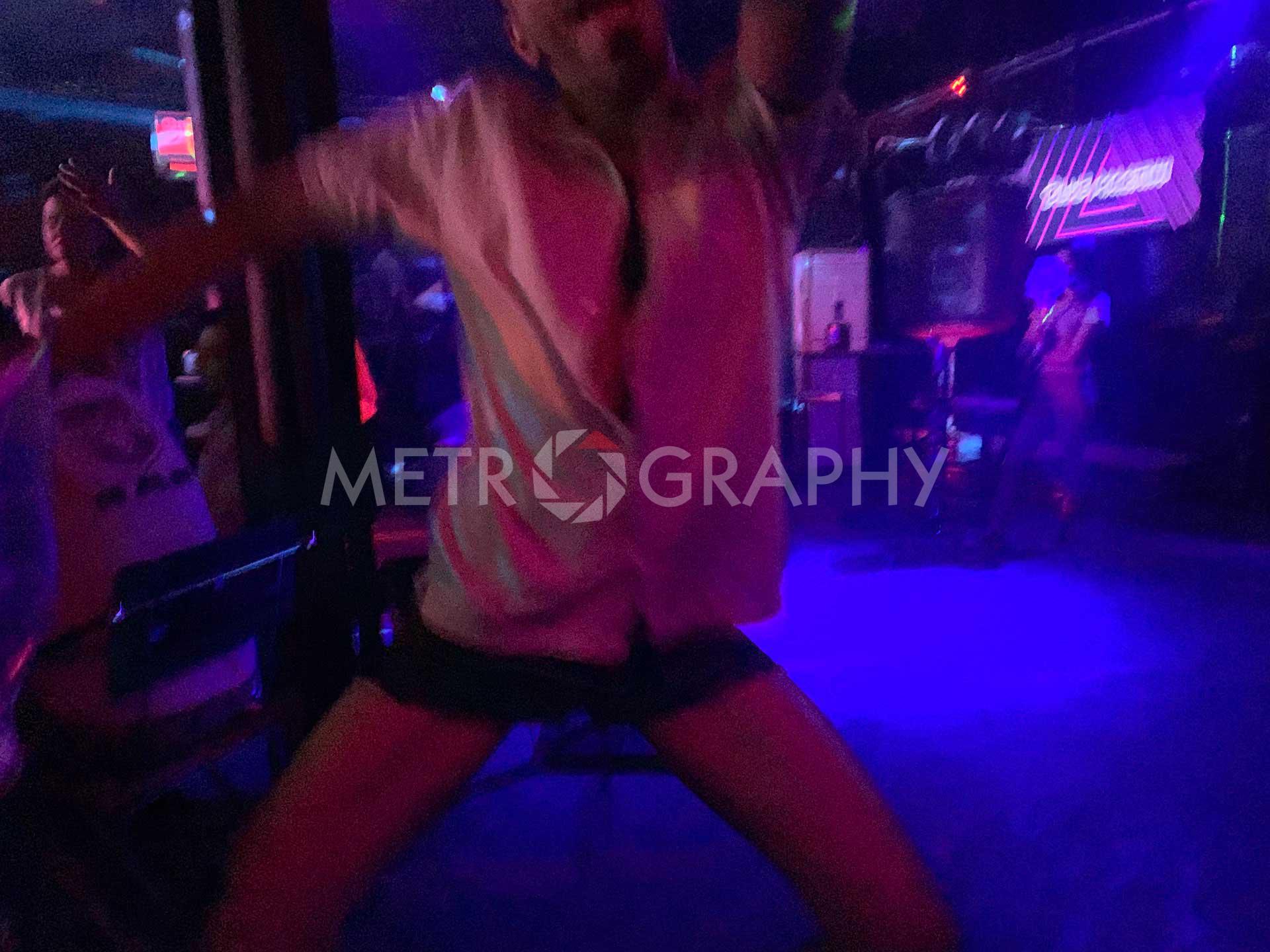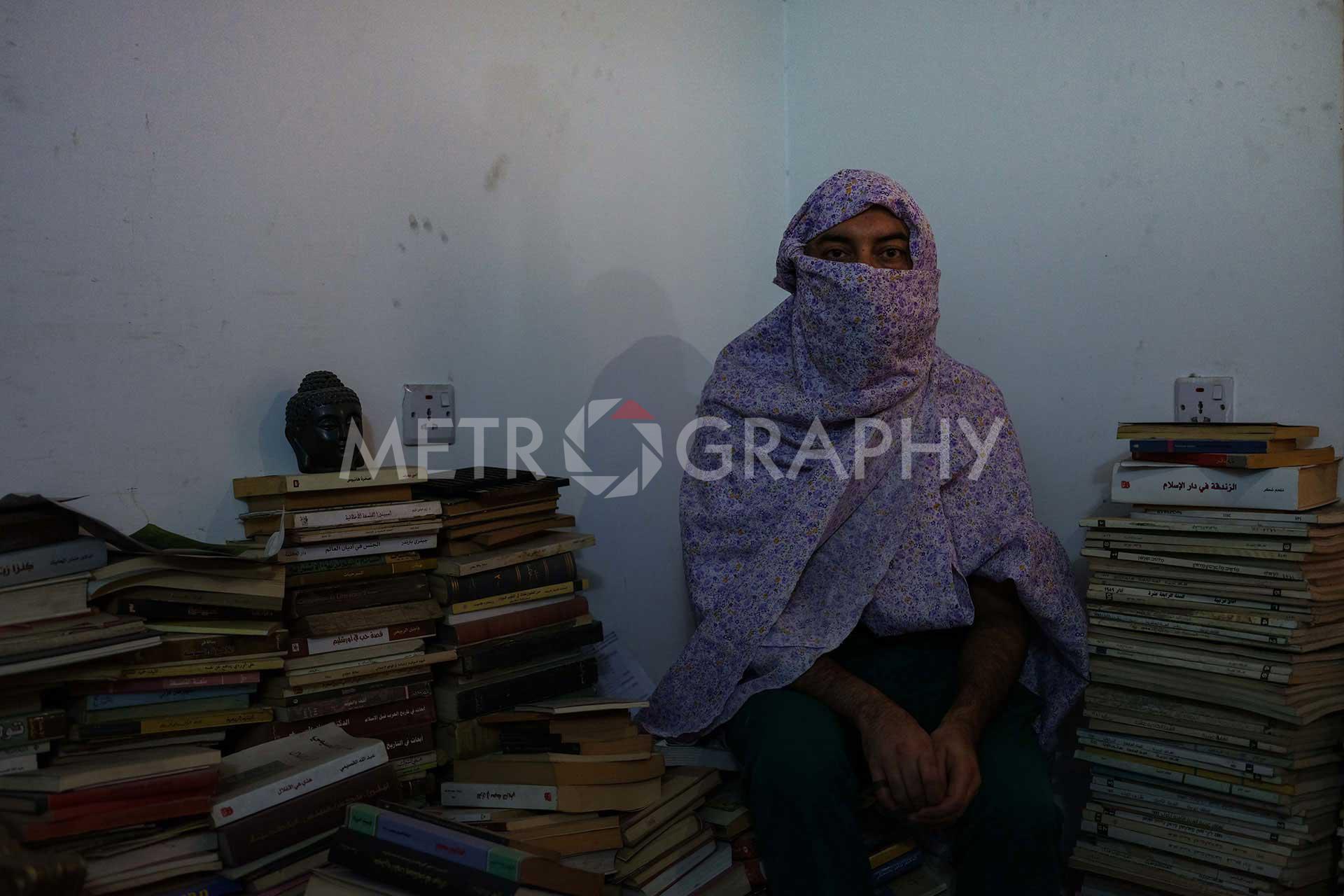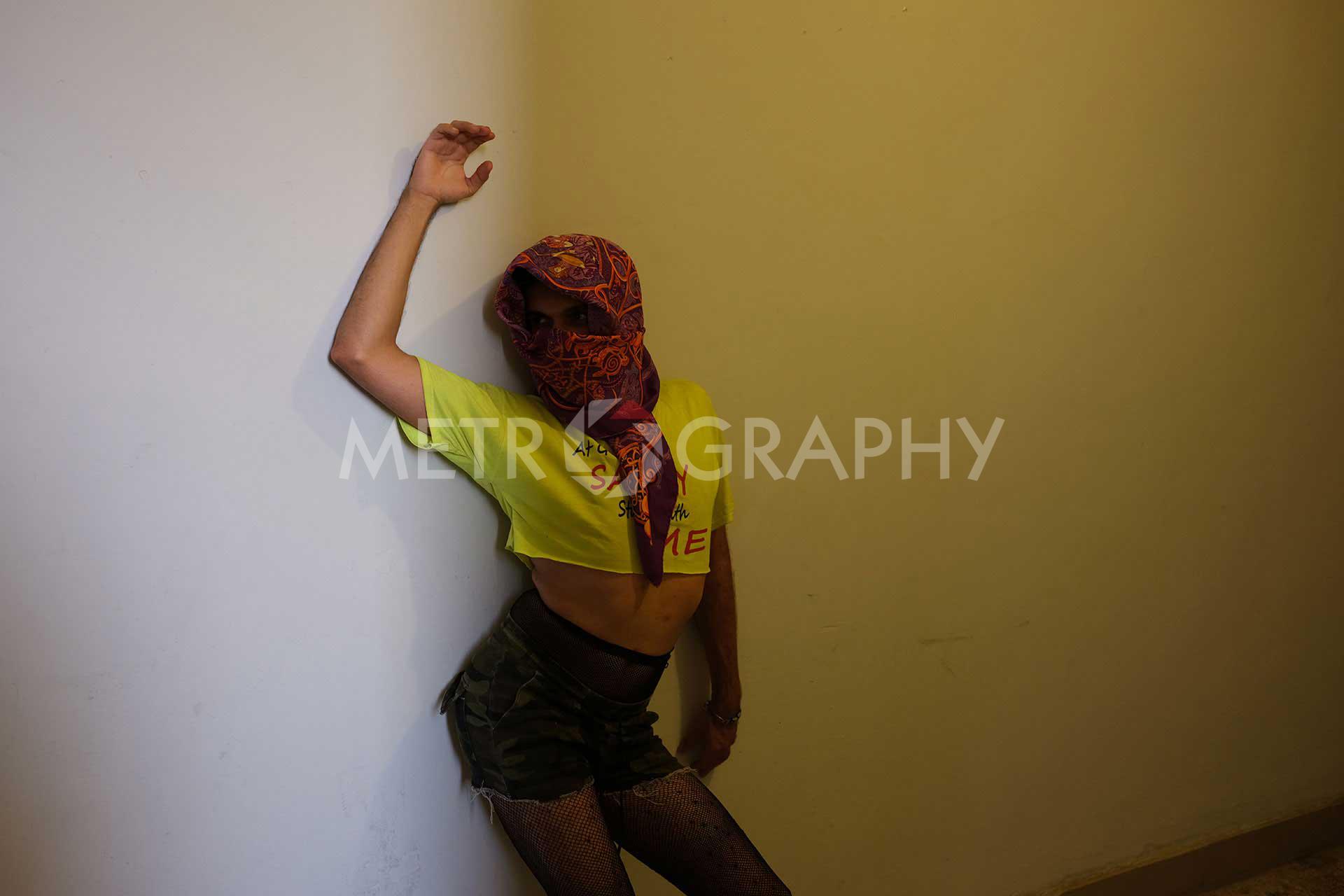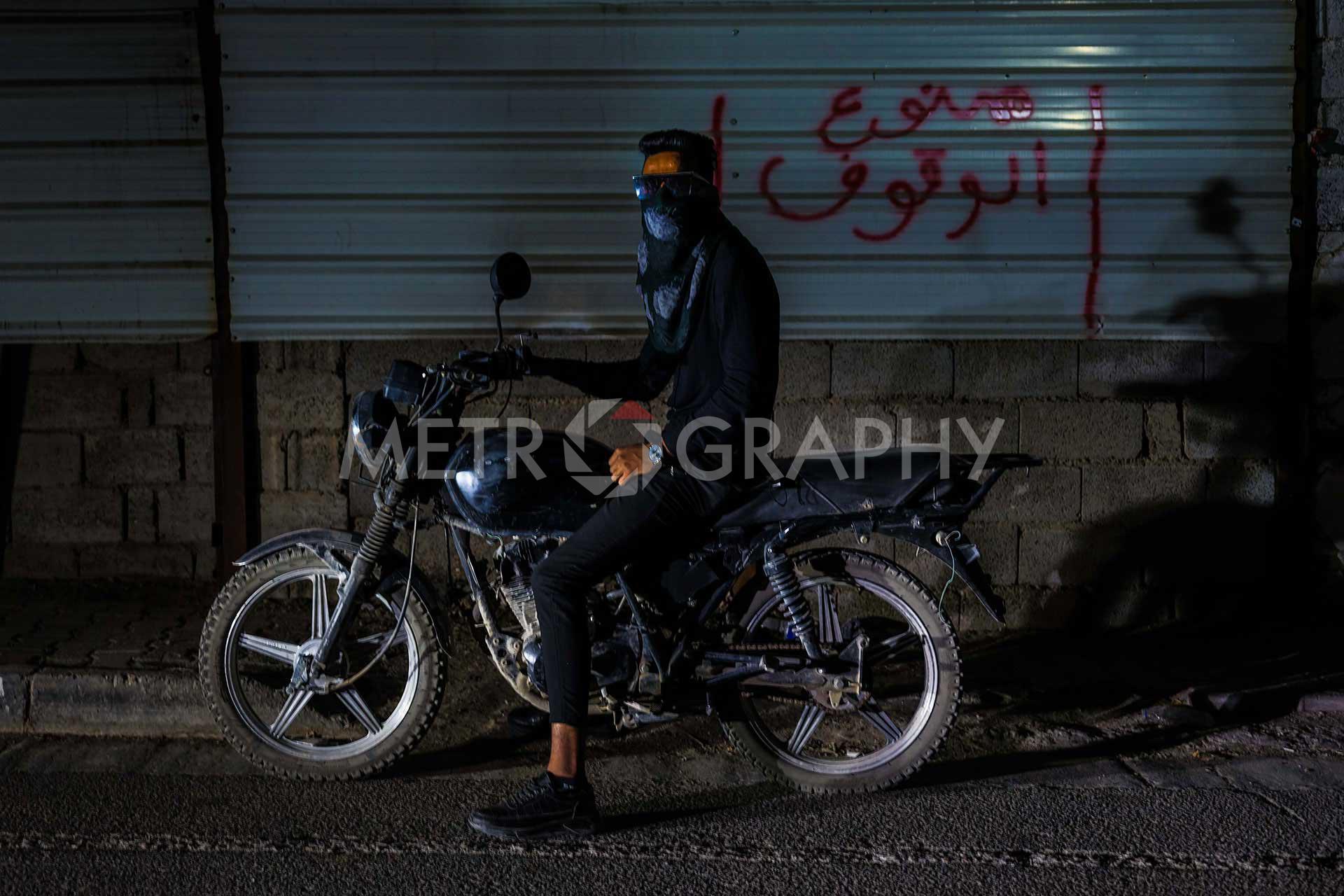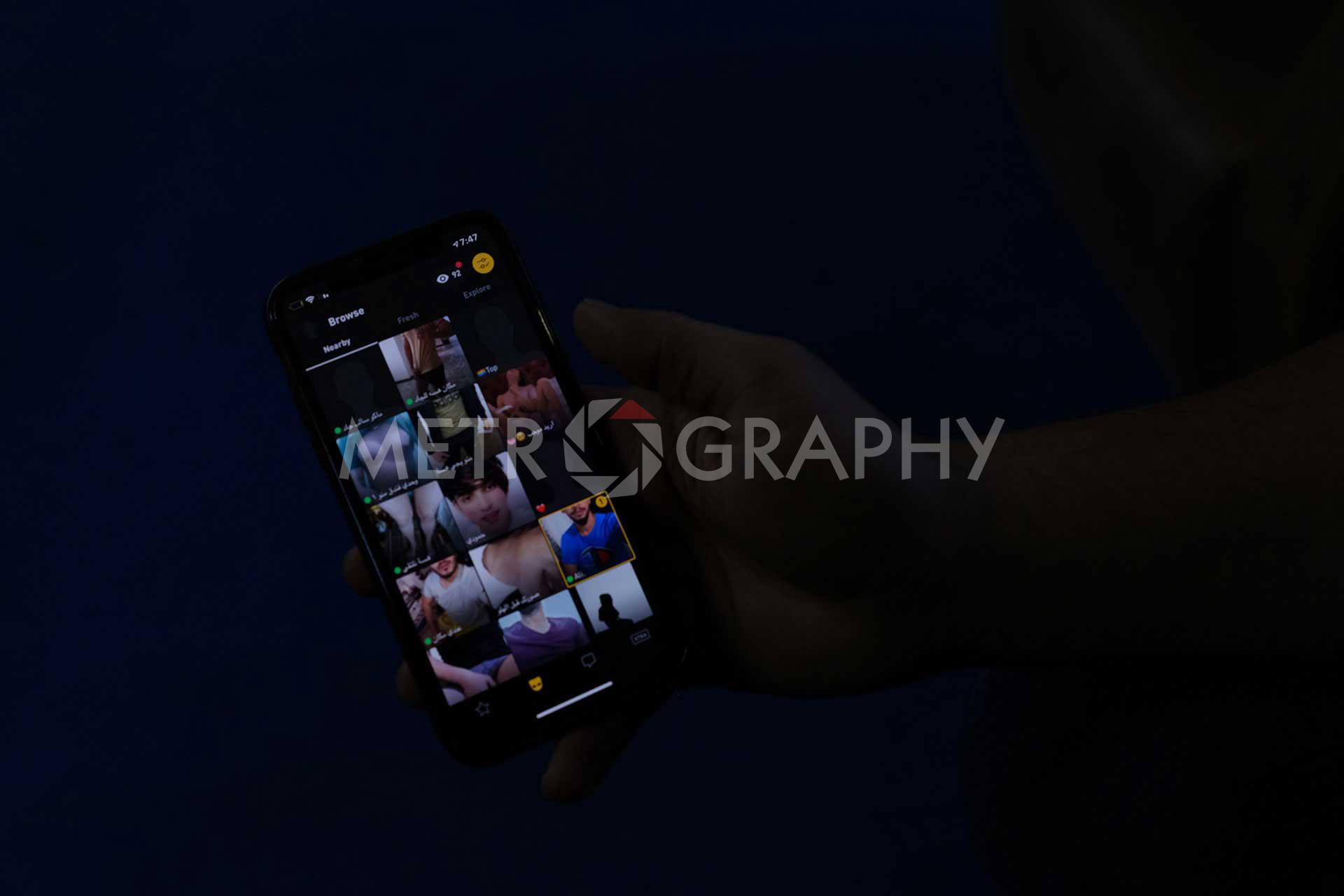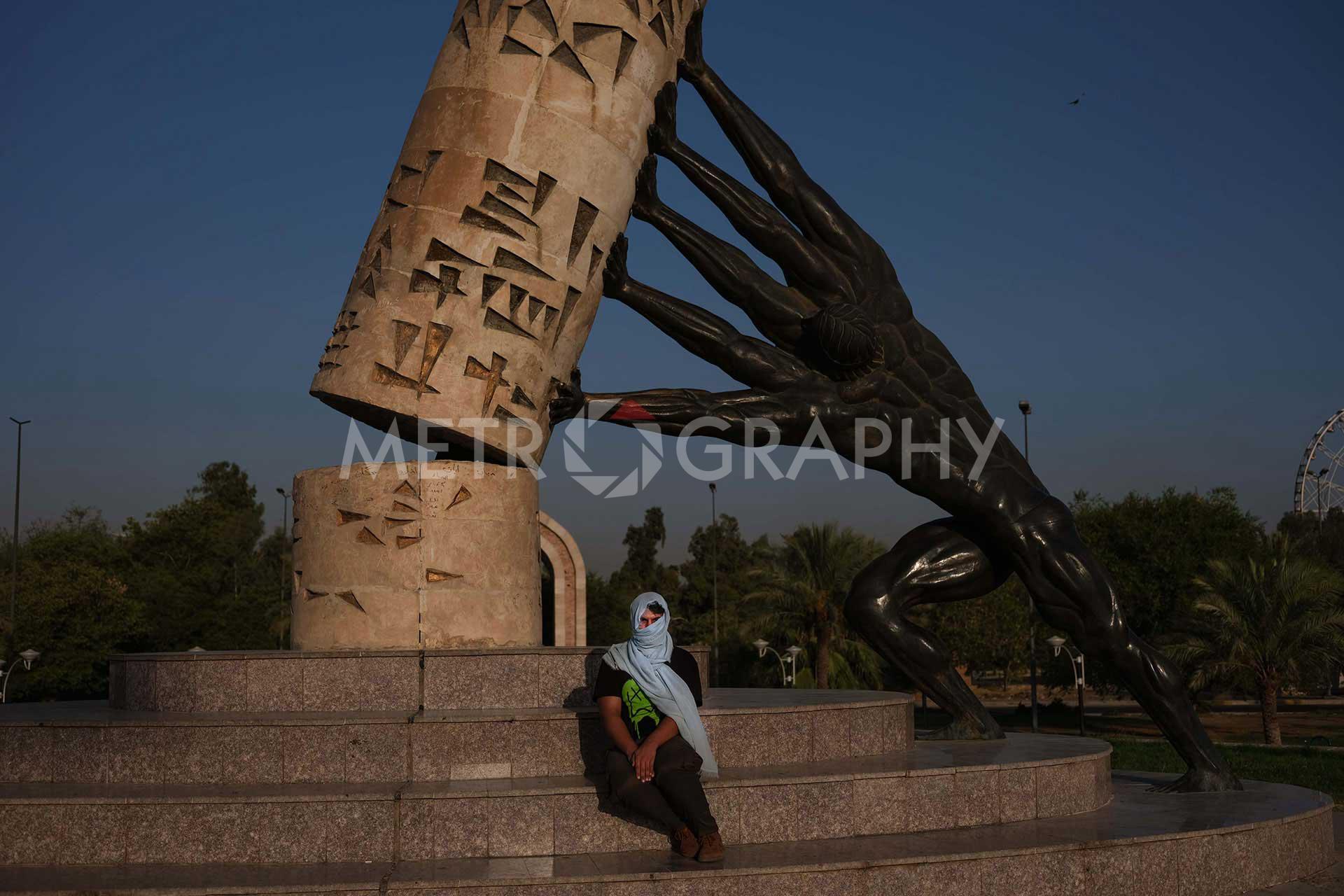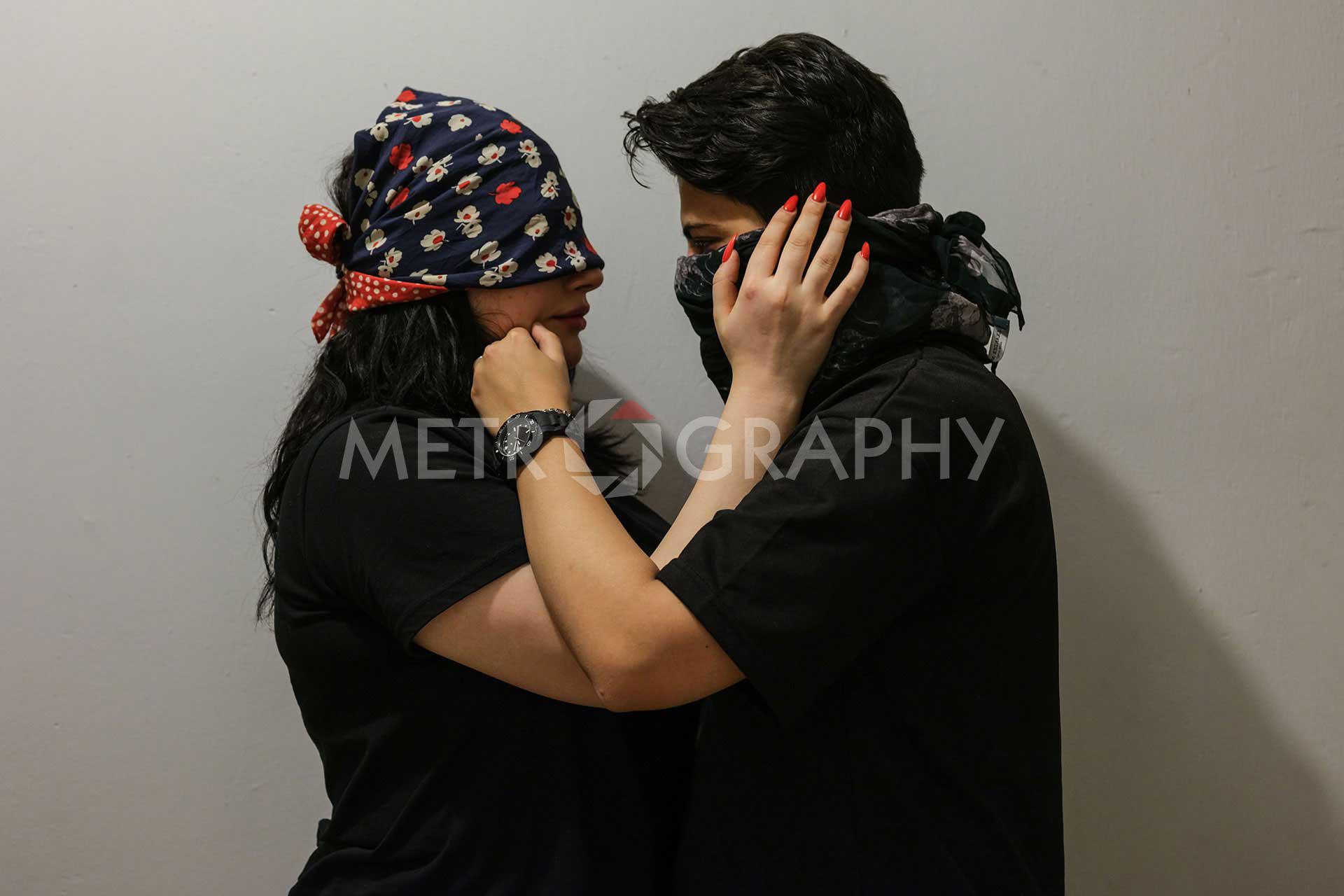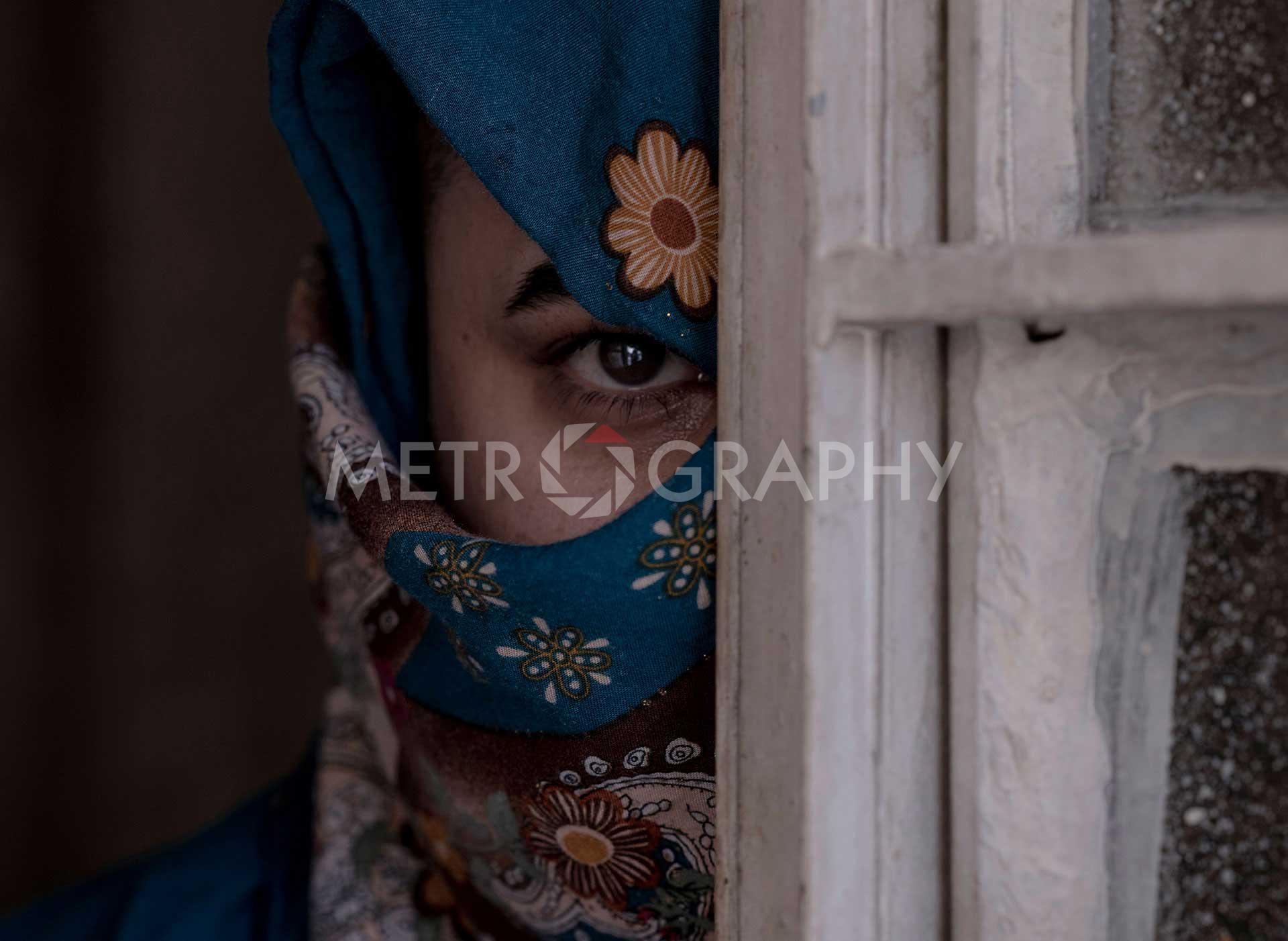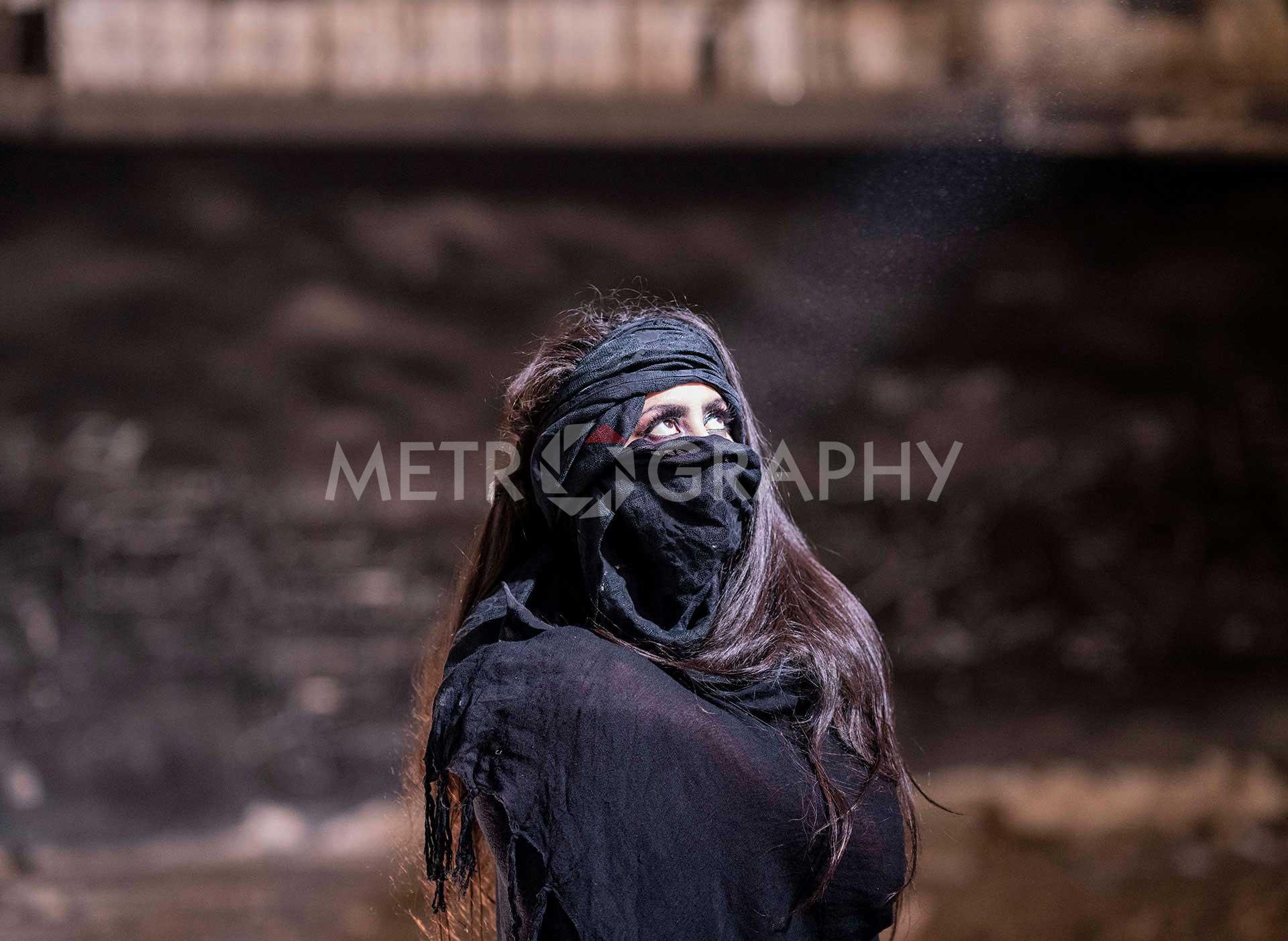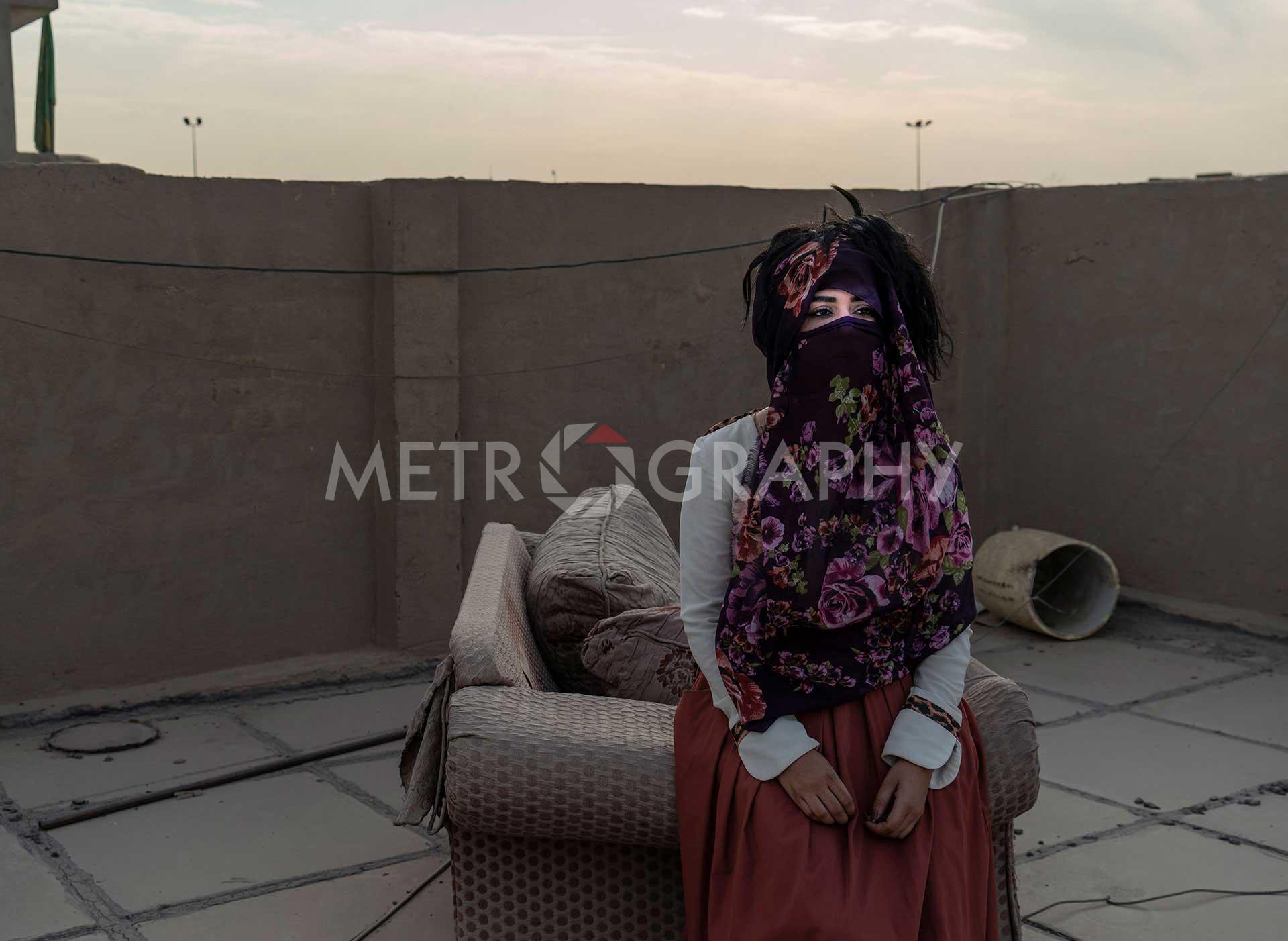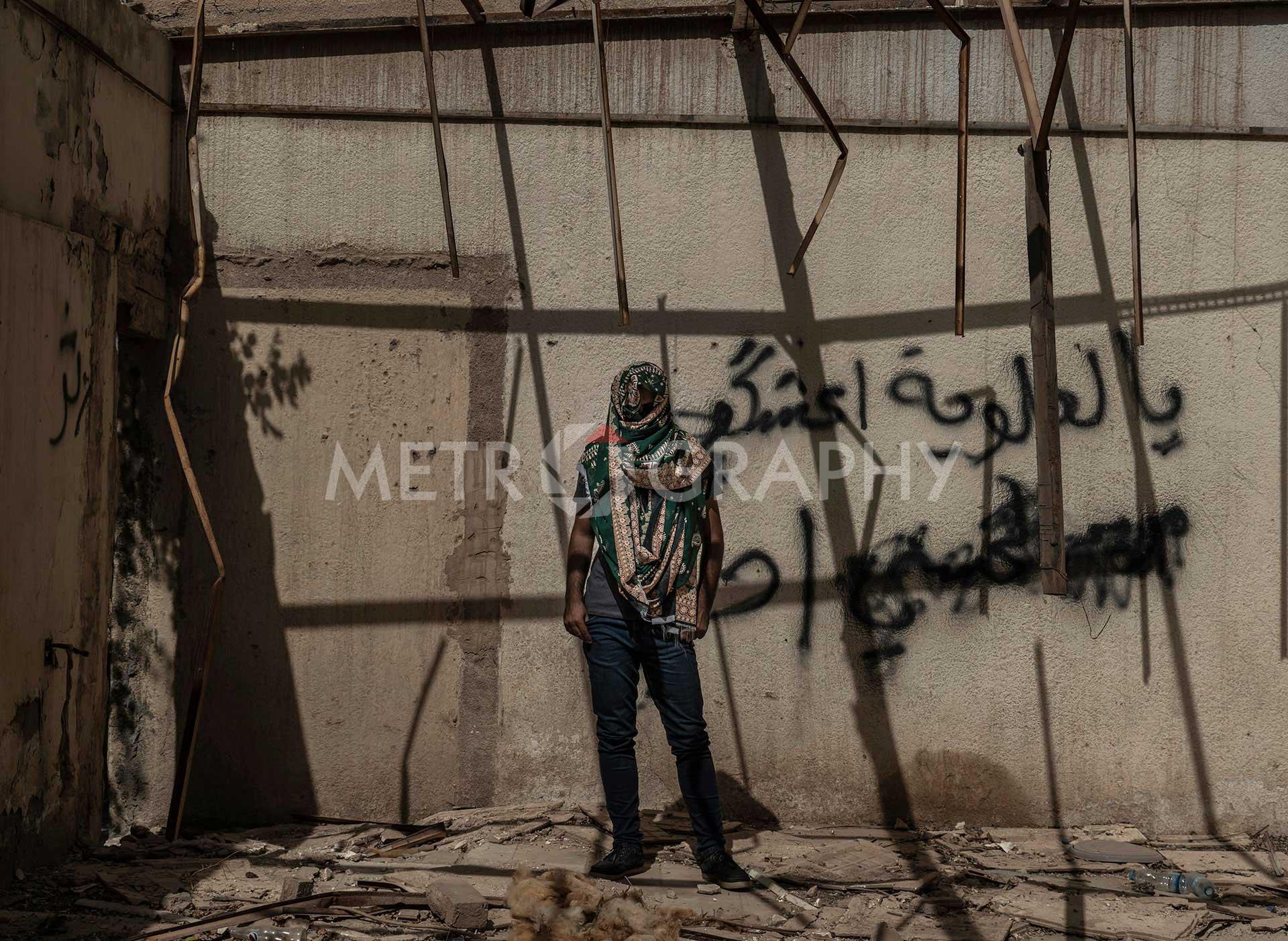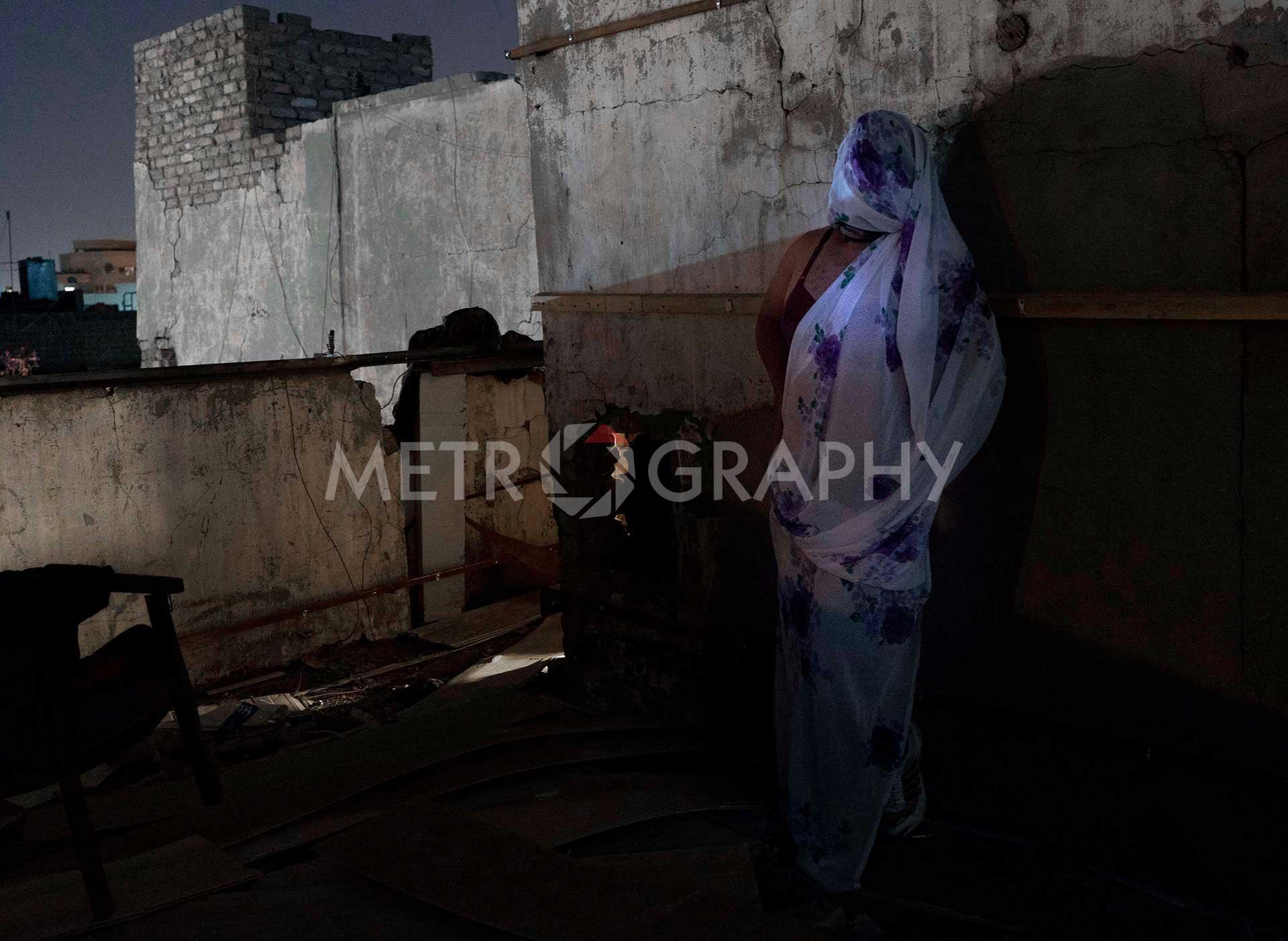Homosexuality is considered a crime in 69 countries, including Iraq, whose constitution does not acknowledge the existence of the LGBTQI+ community. Like in many Muslim-majority countries, homosexuality is treated as a grave and punishable sin. This incubates prejudice and creates a climate of fear. Violence against LGBTQI+ Iraqis is common and has escalated dramatically since the US-led invasion in 2003, with many people viewing homosexuality as a western import. In recent weeks, anti-LGBTQI+ rhetoric has increased in Iraq, with the influential leader of the Sadrist movement, Muqtada al-Sadr, taking to Twitter to describe Monkeypox, which has been in the news, as “gay pox” and calling for “a special day against homosexuals and their reprehensible obscenity on earth and in heaven.” In this climate, they live with multiple layers of fear: it begins with their families and tribes and extends into their neighborhoods and work life. Gay and transgender men are routinely subjected to physical and verbal abuse, threatened and raped by militiamen, or harassed by local police. Many of them end up marrying a person they do not love in order to cover their sexual identity. Nevertheless, many are committed to the future of their country. Members of the LGBTQI+ community were at the forefront of the 2019 anti-government protests. They may not be able to express their true feelings, but they are fighting for a more democratic system away from militia and religious intervention. This photo essay is the story of the hidden love of the Iraqi LGBTQI+ community and their untold stories.

